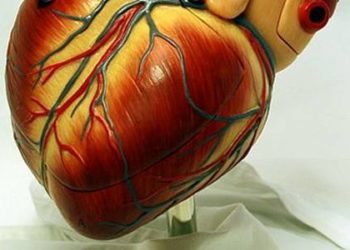Indigenous individuals with diabetes screened less and have poorer glycemic and lipid control than the general population
1. Indigenous individuals with diabetes were found to have poorer blood sugar and lipid levels, as well as higher use of diabetes medications, compared to non-Indigenous patients.
2. Indigenous individuals with diabetes had lower rates of HbA1c and LDL monitoring than the general population.
Evidence Rating Level: 2 (Good)
Diabetes is a metabolic disease that leads to high blood sugar, and can result in medical complications such as cardiovascular disease and renal dysfunction. To control diabetic symptoms and prevent these complications, glycated hemoglobin (HbA1c) and low-density lipoprotein (LDL) cholesterol are measured and monitored. Current guidelines recommend routine monitoring of HbA1c every 3-6 months, and LDL levels every 1-3 years. Around the world however, diabetes and its resulting complications disproportionately affects Indigenous populations, due to the interplay between intergenerational trauma, social status, and metabolic health, and these disparities have been hypothesized to be reflected in screening as well. The purpose of this longitudinal, retrospective cohort study was to compare the monitoring, control, and treatment of diabetes in Indigenous versus non-Indigenous individuals, in Ontario, Canada. This involved accessing health administration data from 1995 to 2015, with a sample size of 22 240 Indigenous individuals and 1 319 503 other Ontarians. In terms of monitoring, both HbA1c and LDL monitoring rates were lower in Indigenous people than other Ontarians (as low as 20% for A1c monitoring in Indigenous men aged 20-34 years). However, younger individuals had the lowest monitoring rates overall, regardless of sex or Indigenous status. After controlling for age and sex, the HbA1c level was higher for Indigenous diabetic patients (7.59%, 95% CI 7.59-7.61) compared to other Ontarian diabetic patients (7.03%, 95% CI 7.02-7.03). Furthermore, 24.7% (95% CI 23.6-25.0) and 60.3% (95% CI 59.7-61.6) of Indigenous patients had poor HbA1c and LDL levels respectively, compared to other Ontarians (12.8%, 95% CI 12.1 to 13.5 for A1c; 52.0%, 95% CI 51.1 to 52.9 for LDL). In terms of treatment, more Indigenous patients took insulin than other Ontarians (28.1% versus 15.1%) and fewer Indigenous patients took no medications (28.3% versus 40.1%). In this study, clear disparities in screening have been identified. Should this be validated by further research, future intervention via policy making may be required to address this factor contributing to poorer outcomes in Indigenous patients with diabetes.
Click to read the study in CMAJ
Image: PD
©2020 2 Minute Medicine, Inc. All rights reserved. No works may be reproduced without expressed written consent from 2 Minute Medicine, Inc. Inquire about licensing here. No article should be construed as medical advice and is not intended as such by the authors or by 2 Minute Medicine, Inc.







